We have survived another trip around the sun and so begins 2017.
I always love a fresh start and as a teacher, it’s nice to have two fresh starts each year. As I look forward into this new year, I like to make goals for myself. I’m not a big fan of the word resolutions, but I believe it’s important to set intentions for positive growth in our lives. It recently dawned on me that not everyone continually makes personal and professional goals for improvement (sidenote: this boggles my mind!). In my adult life, I have always been focused on self-improvement, I therefore view making new goals or resolutions as a positive thing. I realize that not everyone agrees and that’s okay. I look back at my previous resolutions, and see that I have not met them all, and again, for me that’s okay. For example, in 2016 meditation was a daily goal for me. I didn’t meditate everyday, but I probably meditated about 1/3 of time. While that is less than ideal, it’s still more meditation than I have done in the past, so I view it as progress toward my goal of daily meditation. Which is why I see the new year as a time to reflect and recommit to myself.
It’s also great to have a written record of my past goals so that I can what was important to me, what I was successful with, and what was challenging for me.
2013 Goals:
- stretch daily ✅
- have more patience and kindness ✅
- exercise regularly
- work from 7:00-4:30 ✅
- go to bed on time
- limit social media use
2014 Goals:
- work from 7:30 – 3:30 ✅
- exercise regularly
- stretch every morning and every night ✅
- limit social media use
- drink water throughout the day ✅
2015 Goals:
- stretch first thing in the morning and before bed ✅
oil pull each morning ✅
listen to music in the morning to start off my day with a smile ✅
2016 Goals:
- meditate daily
- get enough sleep
- read before bed
hike weekly ✅
- swim weekly
In looking at goals from years past, I can see where I had success and where I had challenges. The ✅ indicate goals that I feel I accomplished. My goals have been similar and will be similar again this year. However, I’m going to put them in order of importance this year.
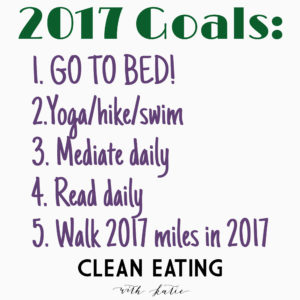
Along with the same idea of goals and resolutions, Gretchen Rubin (of the Happier podcast, The Happiness Project  , and Better Than Before
, and Better Than Before ) asked “what’s your one word theme for the new year?” My answer is hea
) asked “what’s your one word theme for the new year?” My answer is hea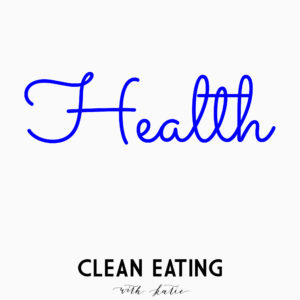 lth. It’s a big word, I know, but I would like health to be the reason for everything I do this year. Move more, move better, eat well, drink well, meditate more, think well, act with intention, care more, and love more. Also the growing trend of “more social, less media” is included in my goal of overall health. Gretchen’s work has inspired me since 2013 when I was motivated by The Happiness Project. Check it out. Period.
lth. It’s a big word, I know, but I would like health to be the reason for everything I do this year. Move more, move better, eat well, drink well, meditate more, think well, act with intention, care more, and love more. Also the growing trend of “more social, less media” is included in my goal of overall health. Gretchen’s work has inspired me since 2013 when I was motivated by The Happiness Project. Check it out. Period.
One last thing to note here. You may have noticed the last and tiny goal on my list: Walk 2017 miles in 2017. In 2016, I was introduced to Katy Bowman of Nutritious Movement and I began listening to Katy and Dani Hemmat’s podcast, Katy Says. One of the episodes, The Ben Show, is about a gentleman, Ben Pobjoy, who, inspired by Katy’s work, set out to walk 2015 kilometers in 2015. He completed his goal, but that was only the tip of the iceberg.That commitment to walk 2015 kilometers literally changed his life. It’s a must listen episode. Inspired by Ben, Dani has decided to walk 2017 miles in 2017 and I’m going join her! It works out to an average of 5.53 miles each day. For me, my 5.53 miles have to come from going for a walk, hike or run, not just from my steps around the house/office/grocery store etc. I already get 3-6 miles worth of steps in my average day, so I feel like that wouldn’t have been much of a goal or challenge for me.
Do you make resolutions or goals? What are your 2017 resolutions or goals? Happy New Year!
Hugs and Health <3,
Katie
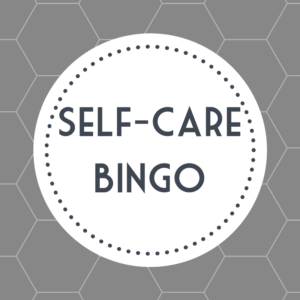
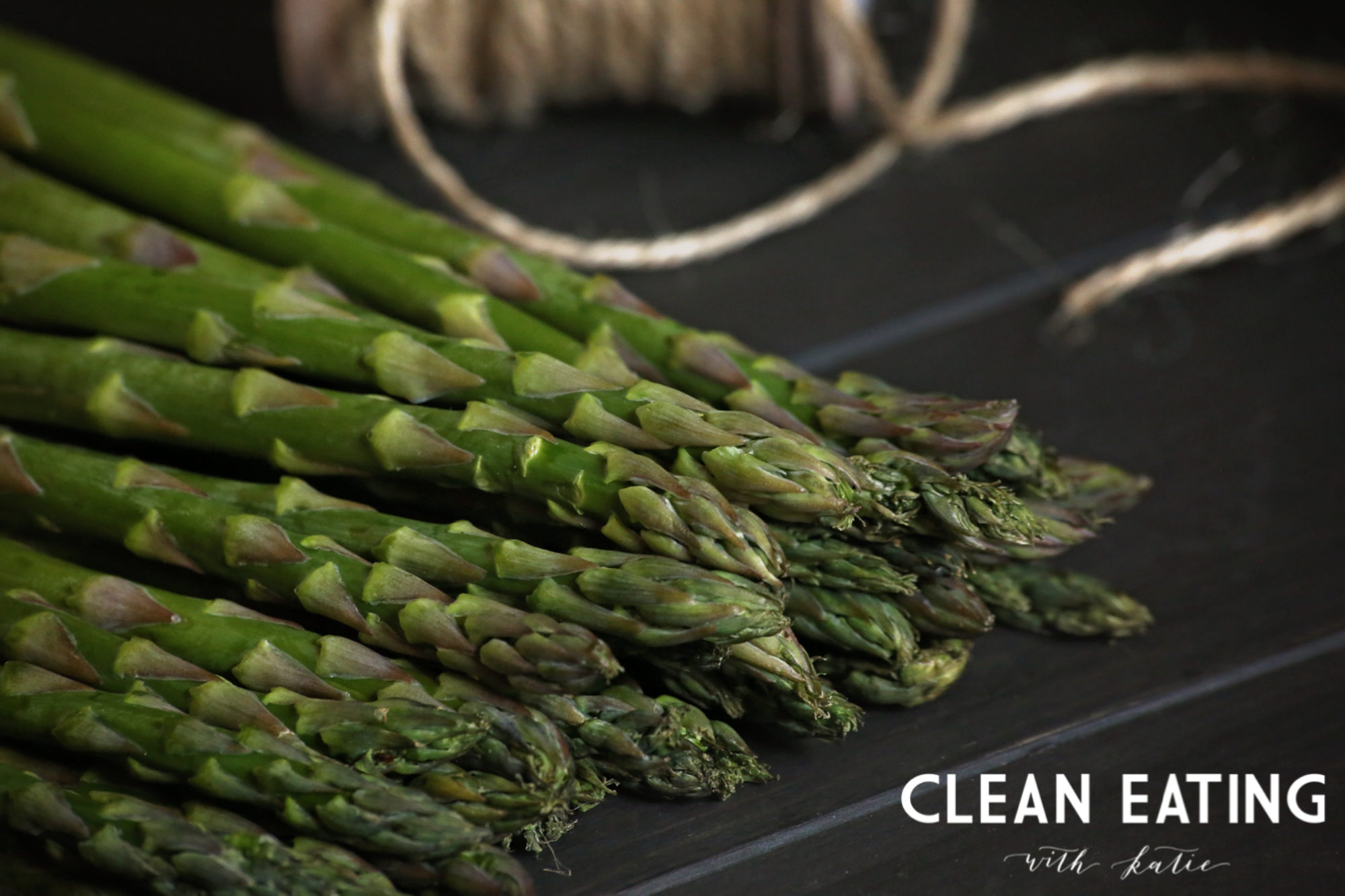

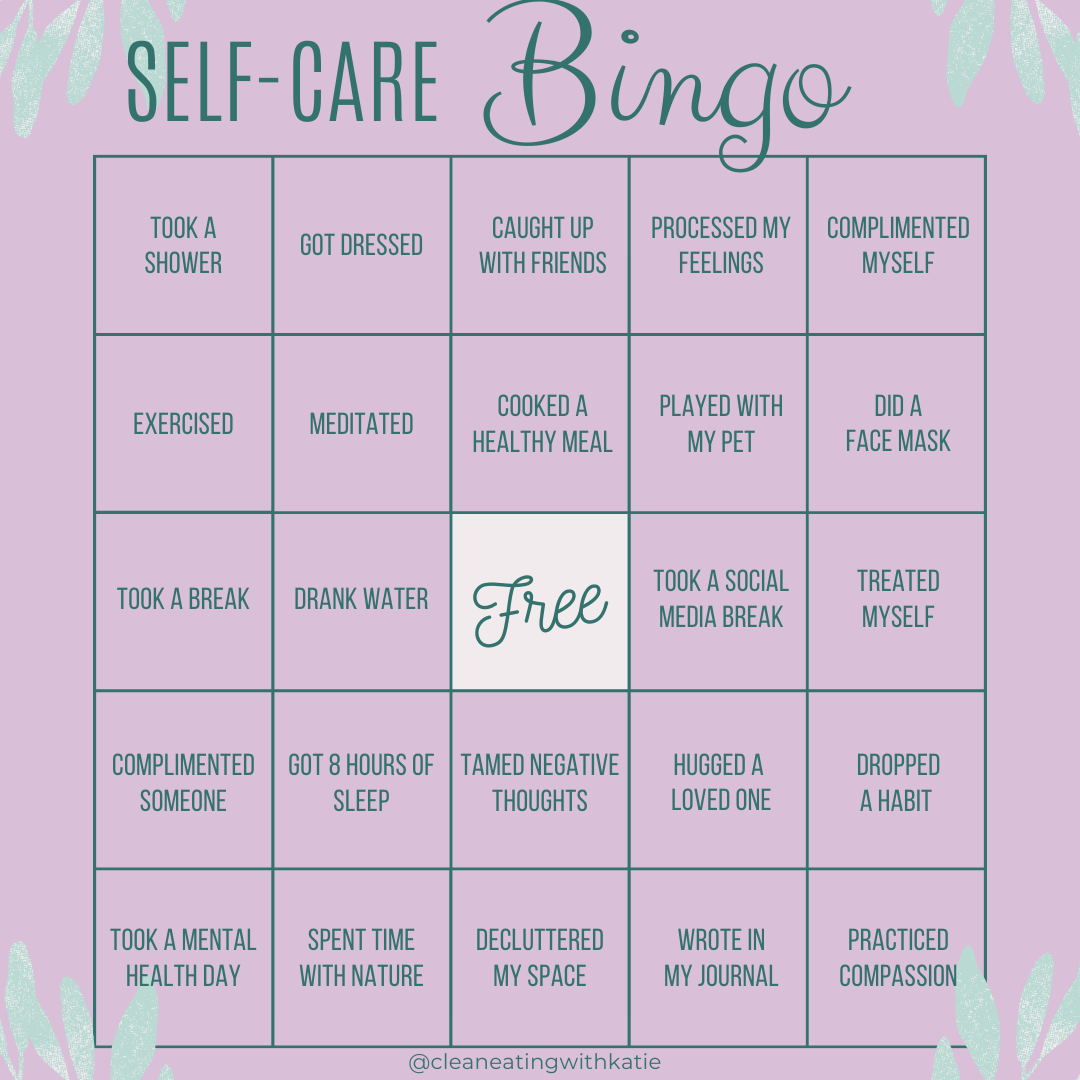
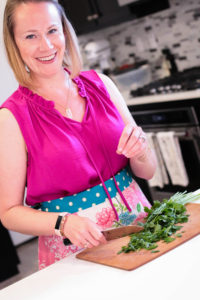 Self-care isn’t selfish, it’s actually really important for your health and wellbeing. It’s also important to focus on self-care when you are switching to a real foods diet. Here are my Seven Tips for Self Care:
Self-care isn’t selfish, it’s actually really important for your health and wellbeing. It’s also important to focus on self-care when you are switching to a real foods diet. Here are my Seven Tips for Self Care: allenges with weight loss. In fact, in Robb Wolf’s book,
allenges with weight loss. In fact, in Robb Wolf’s book, 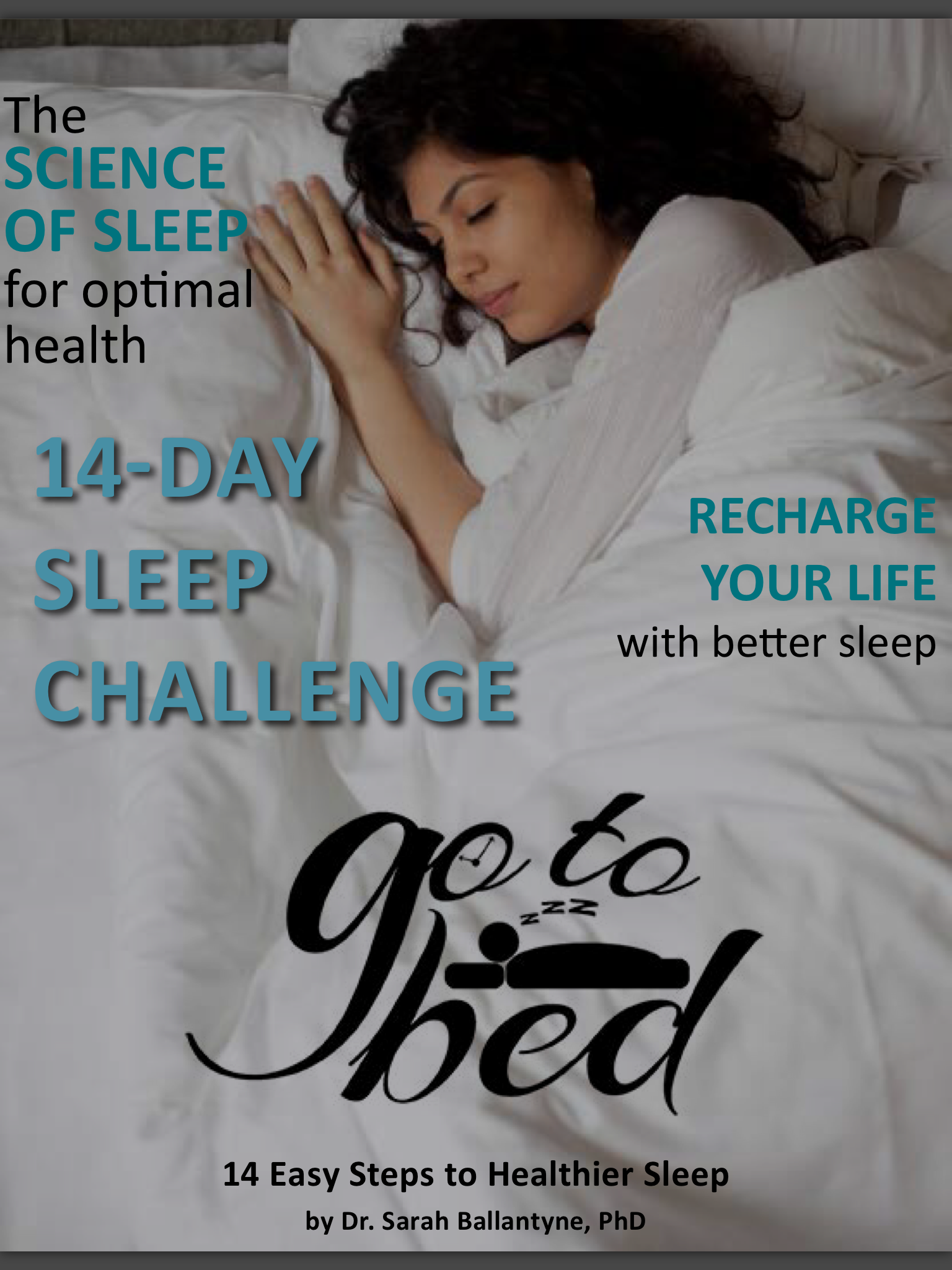
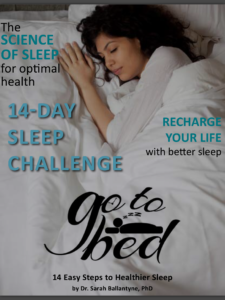 eep (I know, some of you probably would like to kill me!). Although, during chemotherapy, I had a helluva time trying to sleep, so I DO know what it is like for you insomniacs! My problem is that I have ALWAYS had such a hard time waking up. My mom would tell you that, even as a child, it would take me 30-60 minutes to wake up!! I figure that if I got more restful sleep, I should wake up with relative ease, even at 5:30am. So while on the surface, I don’t have a major sleep problem, being tired all the time and taking 30 minutes to wake up were red flags for me.
eep (I know, some of you probably would like to kill me!). Although, during chemotherapy, I had a helluva time trying to sleep, so I DO know what it is like for you insomniacs! My problem is that I have ALWAYS had such a hard time waking up. My mom would tell you that, even as a child, it would take me 30-60 minutes to wake up!! I figure that if I got more restful sleep, I should wake up with relative ease, even at 5:30am. So while on the surface, I don’t have a major sleep problem, being tired all the time and taking 30 minutes to wake up were red flags for me.

 lth. It’s a big word, I know, but I would like health to be the reason for everything I do this year. Move more, move better, eat well, drink well, meditate more, think well, act with intention, care more, and love more. Also the growing trend of “more social, less media” is included in my goal of overall health. Gretchen’s work has inspired me since 2013 when I was motivated by The Happiness Project. Check it out. Period.
lth. It’s a big word, I know, but I would like health to be the reason for everything I do this year. Move more, move better, eat well, drink well, meditate more, think well, act with intention, care more, and love more. Also the growing trend of “more social, less media” is included in my goal of overall health. Gretchen’s work has inspired me since 2013 when I was motivated by The Happiness Project. Check it out. Period.